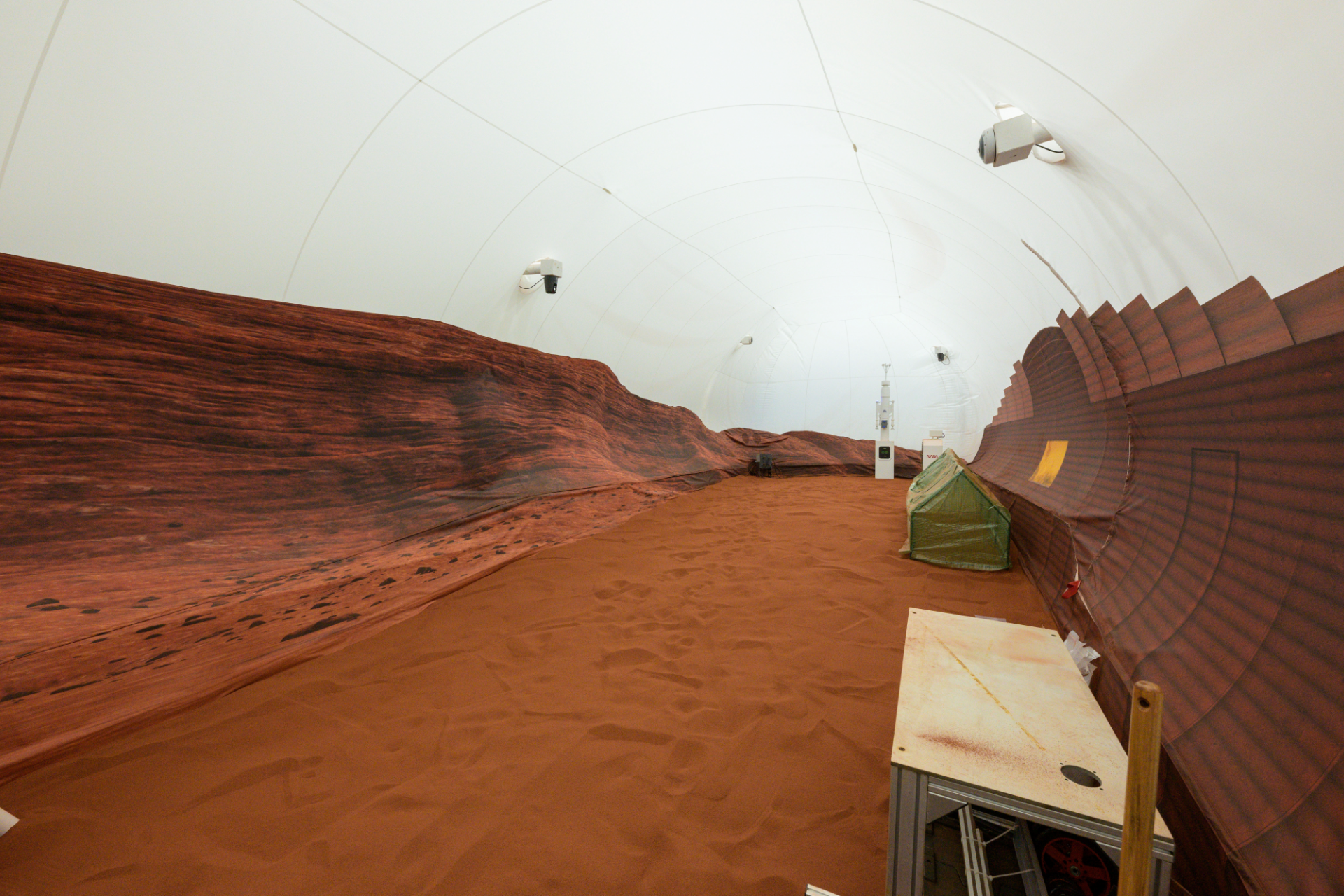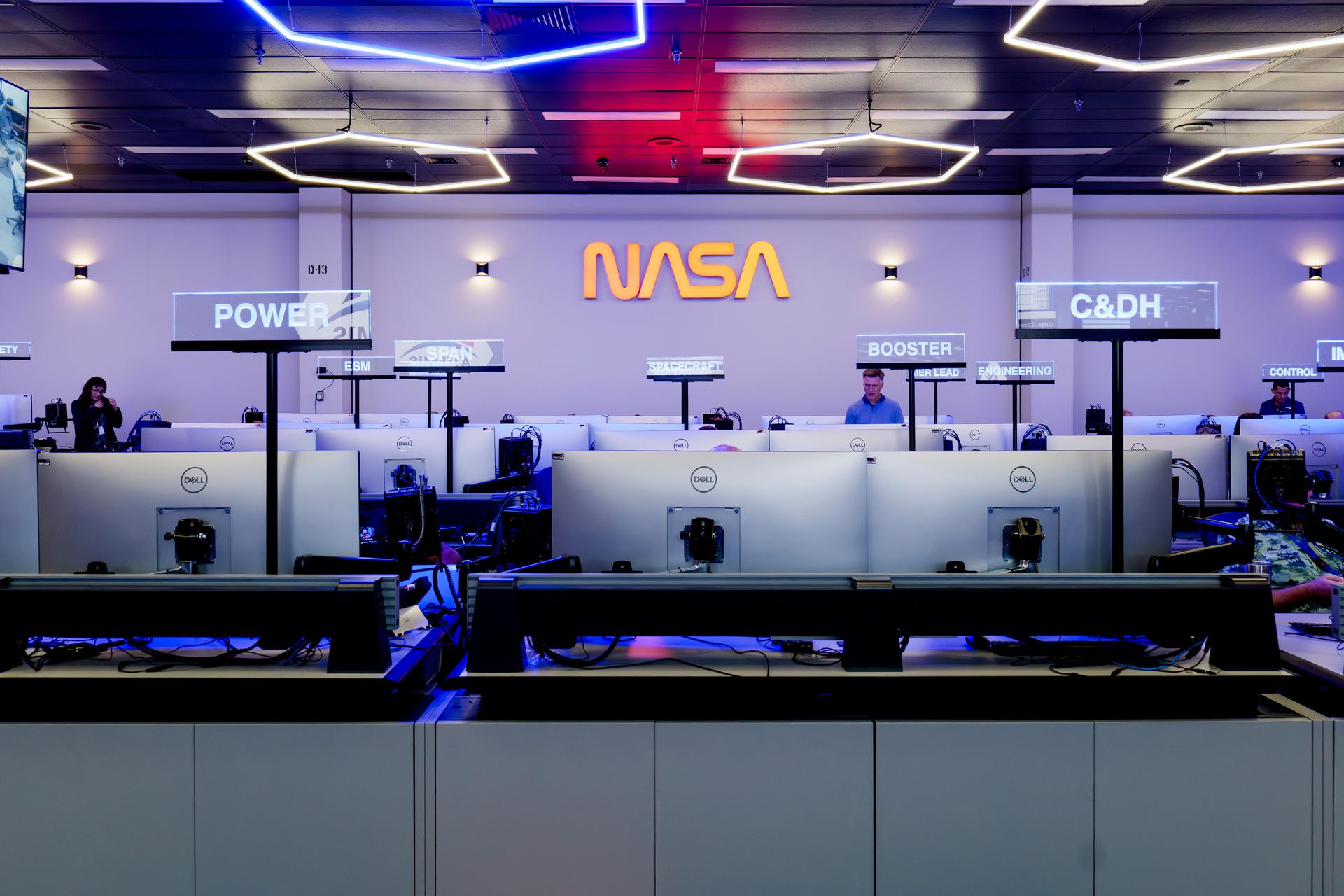Now Reading: NASA Unveils Crew for Year-Long Mars Simulation Mission
-
01
NASA Unveils Crew for Year-Long Mars Simulation Mission
NASA Unveils Crew for Year-Long Mars Simulation Mission

Speedy Summary
- NASA Mars Mission Simulation: Four volunteers will participate in NASA’s year-long Mars mission simulation starting Oct. 19, 2025, inside teh Mars Dune Alpha habitat at Johnson Space Center, Houston. The mission ends on Oct. 31, 2026.
- Objective: The Crew Health and Performance Exploration Analog (CHAPEA) program aims to study human health and performance challenges for long-duration space missions.
- Activities: Simulations include Mars walks, gardening, robotic operations, equipment testing (e.g., potable water dispensers), and other operational tasks under conditions like isolation and resource constraints.
- Crew Members:
– Ross Elder (Commander): U.S. Air Force test pilot with extensive flight experience.
– Ellen Ellis (Medical officer): U.S. Space Force colonel specializing in satellite engineering and disaster management.
– Matthew Montgomery (Science Officer): Technology consultant focused on robotics and controlled agriculture systems.
– James Spicer (Flight Engineer): Aerospace industry expert involved in spacecraft design and dialog networks.
- Alternate crew members include Emily Phillips,a Marine Corps pilot; and laura Marie,a commercial airline pilot.
Quotes from NASA Scientists:
- Sara Whiting emphasized CHAPEA’s significance for identifying capabilities needed for future Moon and Mars missions under Artemis plans.
- Grace Douglas highlighted the importance of collecting cognitive/physical data during long-duration missions to improve crew safety.
For images of each crew member:
Ross Elder | Ellen Ellis | Matthew Montgomery | James Spicer
Emily Phillips | Laura Marie
Indian Opinion Analysis
NASA’s CHAPEA initiative underscores humanity’s growing ambition for interplanetary exploration-especially critical as nations like India advance their own space endeavors through ISRO’s Chandrayaan lunar program or upcoming Gaganyaan human spaceflight mission. While different in scale compared to ISRO’s projects, efforts like CHAPEA provide insights into managing challenges during prolonged isolation periods or adapting technologies under severe constraints-skills crucial even for earth-bound scenarios such as defense logistics or remote healthcare deployment back home.
The results could have downstream applications across industries-space research advancements tend to catalyze innovations beyond their immediate objectives. For India specifically, lessons from CHAPEA-like programs may inform collaborative opportunities with agencies like NASA around tech transfer agreements that bolster both India’s nascent human spaceflight activities or science-driven diplomacy through shared research outcomes.
moreover, increasing visibility on psychological resilience among astronauts can create awareness about similar stressors faced by professionals working remotely within critical domains like Antarctica research stations-or military frameworks back home-a practical benefit frequently enough overlooked amid futuristic ambitions.

























